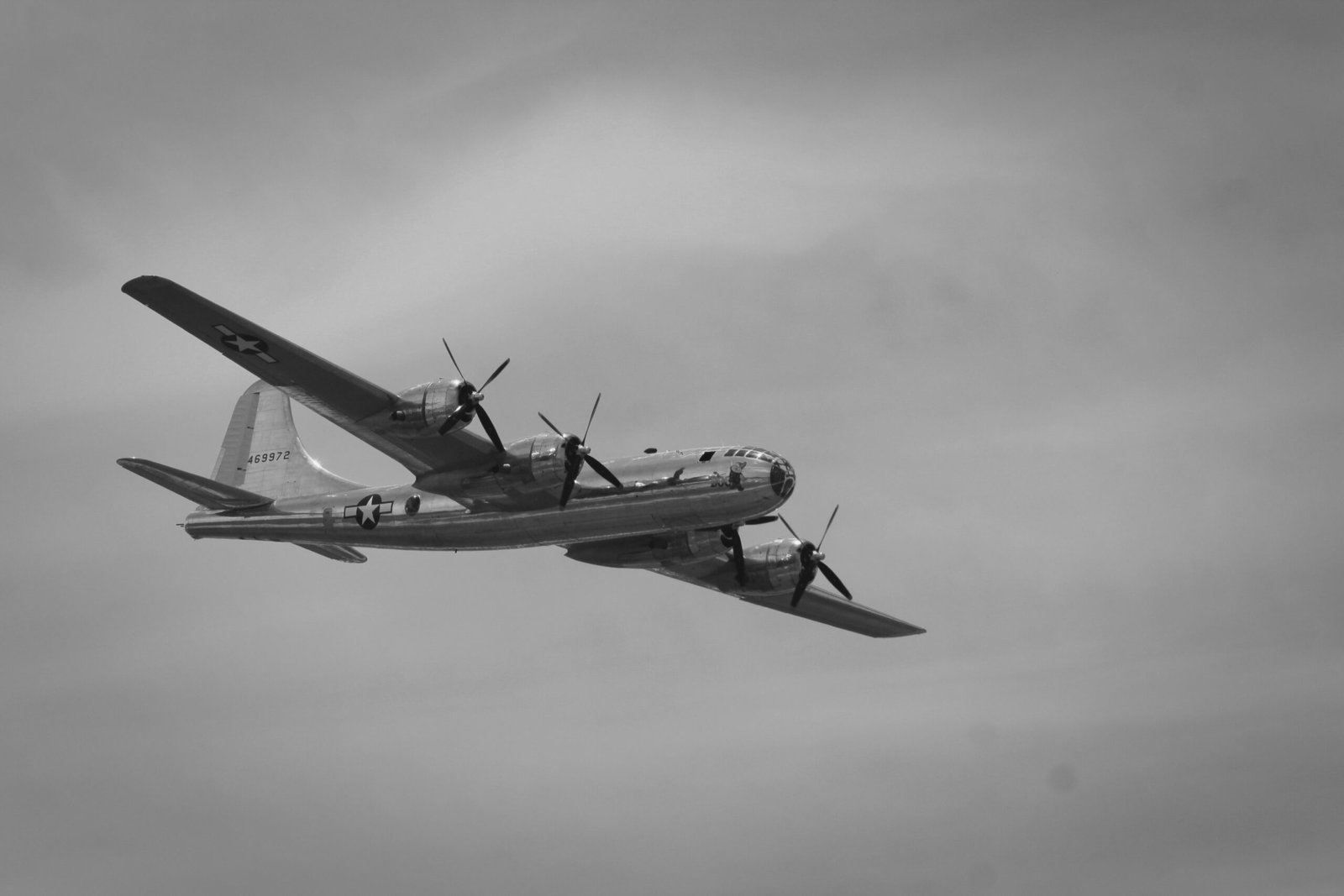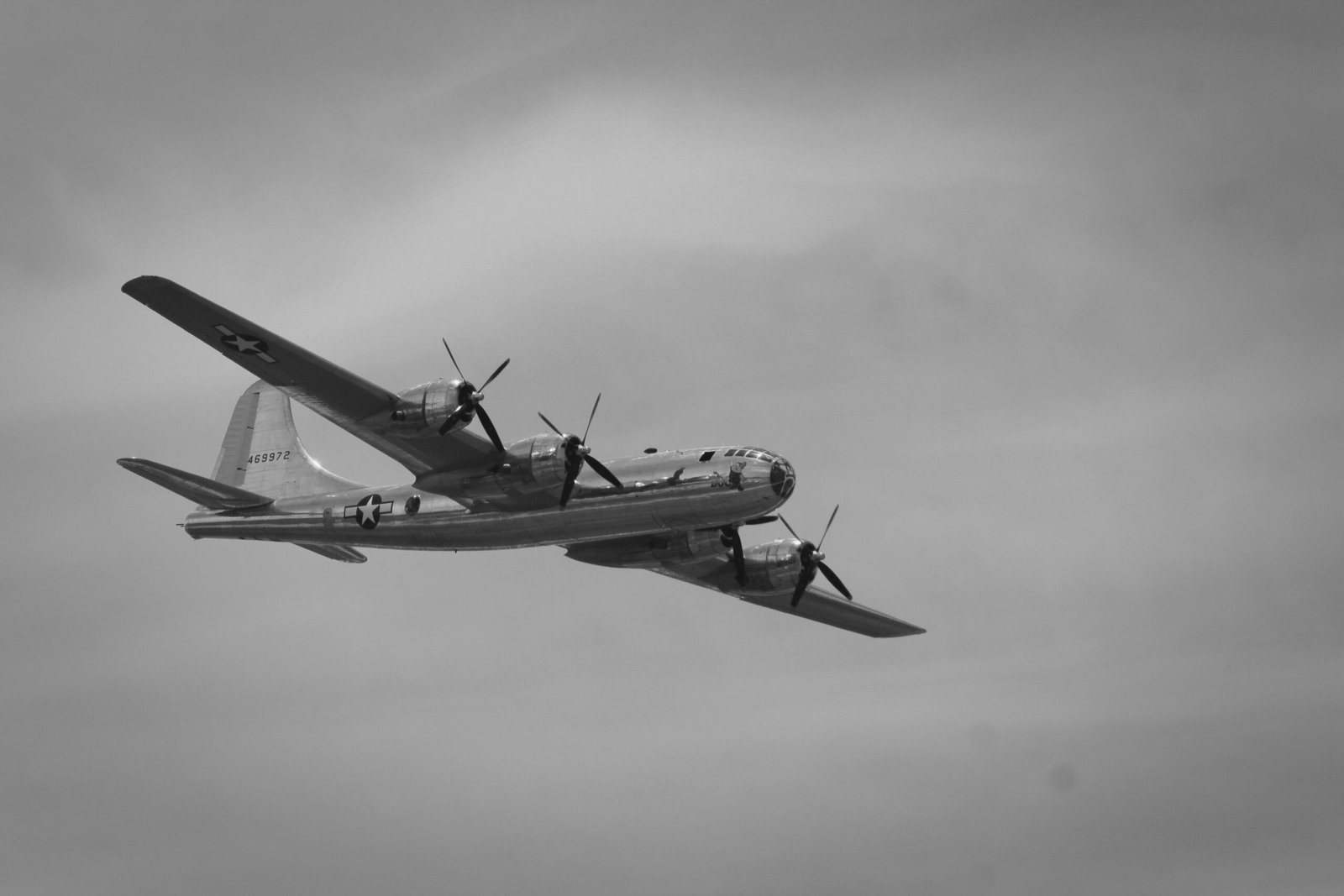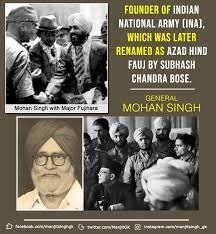World War II was one of the most devastating conflicts in human history. It began on September 1, 1939, when Germany, led by Adolf Hitler, invaded Poland. This act of aggression marked the official start of the war, as it prompted France and the United Kingdom to declare war on Germany.
The German invasion of Poland was a clear violation of international law and a direct challenge to the balance of power in Europe. Hitler’s aggressive expansionist policies had already caused concern among many nations, but the invasion of Poland was the tipping point that led to a global conflict.
As Germany quickly conquered Poland, other countries in Europe began to feel the threat of Nazi aggression. Hitler’s goal was to create a German empire that would dominate the continent and establish a new world order. His ideology of Aryan supremacy and anti-Semitism fueled his desire for expansion and the extermination of millions of people.
Following the fall of Poland, Germany turned its attention to Western Europe. In April 1940, Hitler launched an invasion of Denmark and Norway, securing important strategic positions and resources. This was followed by the invasion of Belgium, the Netherlands, and Luxembourg in May 1940.
The fall of France in June 1940 was a major victory for Germany. The French government surrendered, and Germany occupied the northern part of the country. However, a resistance movement formed in the south, led by General Charles de Gaulle, who would later become the leader of the Free French Forces.
While Germany was expanding its control in Europe, the United Kingdom remained defiant. Under the leadership of Prime Minister Winston Churchill, the British people refused to surrender to Nazi Germany. The Battle of Britain, fought in the skies over England from July to October 1940, was a turning point in the war. The Royal Air Force successfully defended the country against German air attacks, preventing a German invasion.
With the failure to conquer Britain, Hitler turned his attention to the Soviet Union. In June 1941, Germany launched Operation Barbarossa, a massive invasion of the Soviet Union. Initially, the German forces made significant gains, but they were eventually halted and pushed back by the Soviet army. The harsh Russian winter and the resilience of the Soviet people played a crucial role in the defeat of the German army.
As the war progressed, the tide began to turn against Germany. The United States entered the war in December 1941 after the Japanese attack on Pearl Harbor. The Allied forces, consisting of the United States, the Soviet Union, the United Kingdom, and other nations, launched a series of offensives that pushed the German army back.
The turning point in the European theater came with the D-Day invasion on June 6, 1944. Allied forces landed on the beaches of Normandy, France, in the largest amphibious invasion in history. This marked the beginning of the end for Nazi Germany.
By 1945, the Allied forces had advanced into Germany from both the east and the west. Hitler, realizing the inevitable defeat, committed suicide in his bunker in Berlin on April 30, 1945. Germany surrendered unconditionally on May 7, 1945, bringing an end to the war in Europe.




[…] Germany’s strategic blunders in the Mediterranean theater also contributed to their defeat. The decision to […]